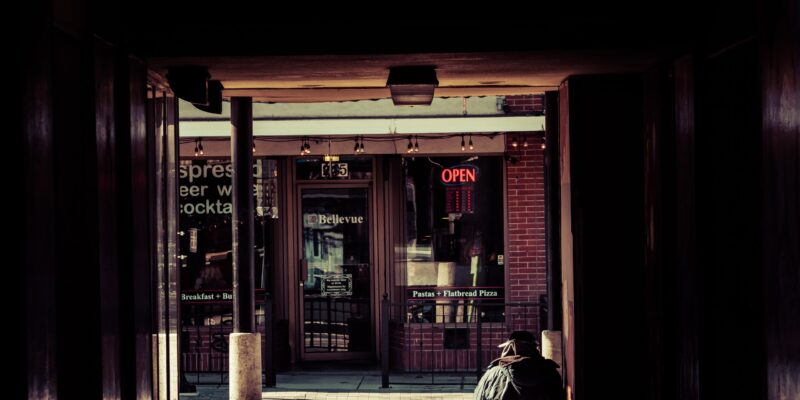You searched for “drunkard”
Showing 9 results of 9

Striking down Virginia’s archaic “Habitual Drunkard” law
In 2019, the Fourth Circuit, sitting en banc, struck down Virginia’s statutory scheme that permitted the state to interdict and prosecute people as “habitual drunkards”—a… Read More
Va AG Declines to Appeal Habitual Drunkard Decision
For Immediate Release LAJC Commends Attorney General Herring’s Decision Charlottesville, Virginia (August 2, 2019) – The Legal Aid Justice Center commends Attorney General Herring for his… Read More
4th Circuit Strikes Down Habitual Drunkard Statute
FOR IMMEDIATE RELEASE: Contact: Elaine Poon, Managing Attorney 434-529-1816 elaine@justice4all.org FOURTH CIRCUIT STRIKES DOWN UNCONSTITUTIONAL “HABITUAL DRUNKARD” STATUTE… Read More
Habitual Drunkard Case Decided by 4th Circuit
For Immediate Release: Contact Tim Wallace, Director of Development 434-529-1853 twallace@justice4all.org PLAINTIFFS’ STATEMENT ON THE FOURTH CIRCUIT DECISION IN MANNING V. CALDWELL… Read More
Lawsuit Challenges “Habitual Drunkard” Law
Federal Class Action Challenges Antiquated Virginia “Habitual Drunkard” Law That Jails Homeless Individuals The Legal Aid Justice Center and Skadden, Arps, Slate, Meagher & Flom… Read More
A Transformative Session – Advocating for Change
In the midst of a crisis, it can be hard to talk about anything else, but we wanted to take a minute and… Read More
Crossover Update – Advocating for Change
We are halfway through the 2020 Virginia legislative session, and the bills that have passed through both the House and… Read More
Advocating for change – LAJC’s legislative priorities
The 2020 Virginia legislative session is under way and LAJC has put forth an ambitious set of priorities to advocate… Read More
LAJC’s 2019 Legislative Agenda
FOR IMMEDIATE RELEASE Legal Aid Justice Center’s 2019 Legislative Agenda: Richmond, Virginia, (January 14, 2019) –The 2019 Virginia legislative session is underway! Session… Read More
